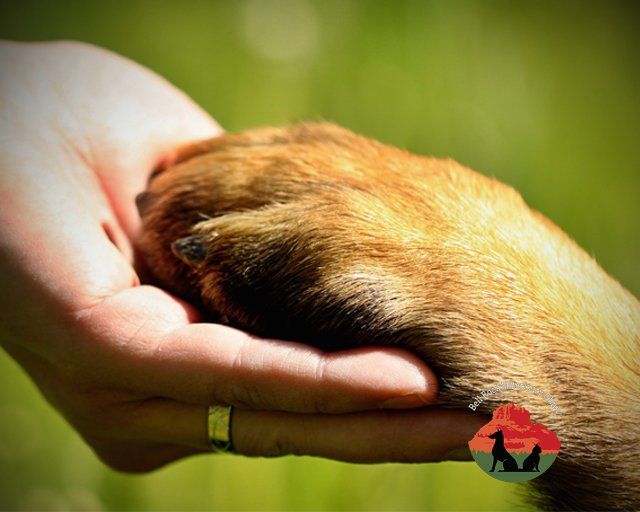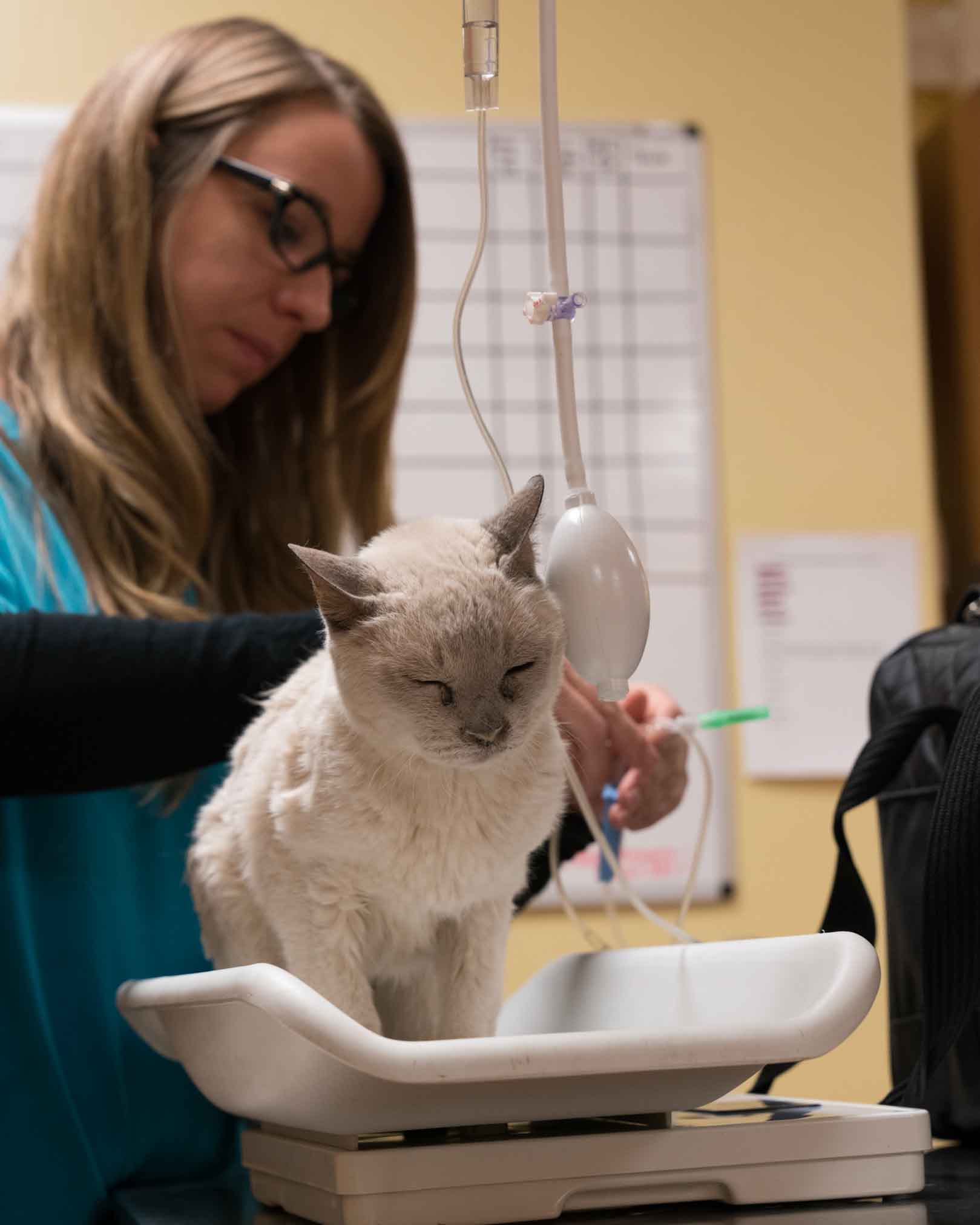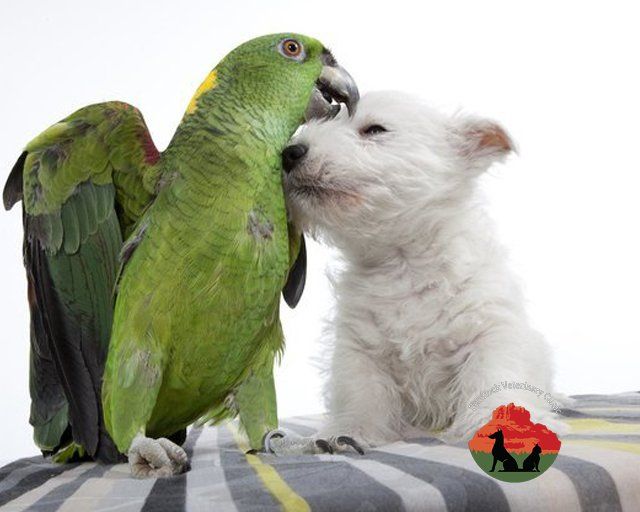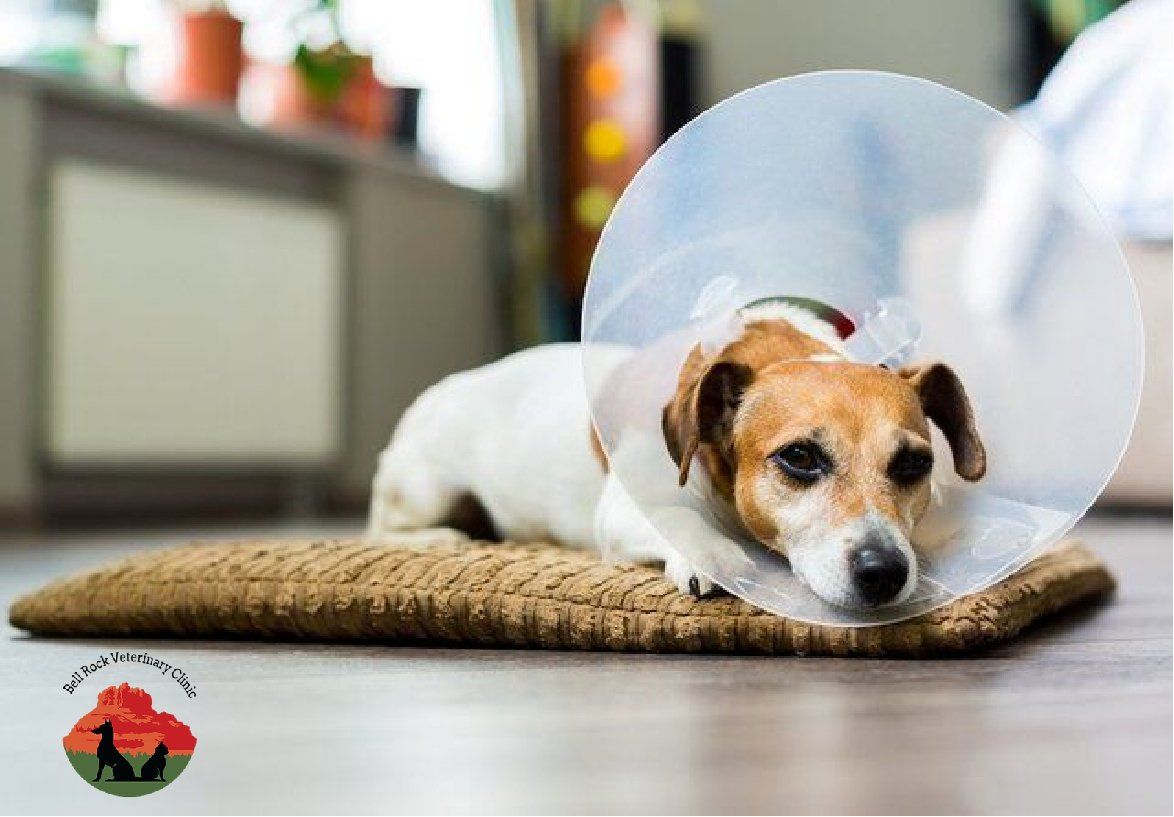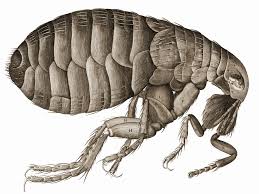Itchy Dog
Environmental vs Food Allergies
We have all experienced or know someone who has experienced being kept up at night due to their dog consistently licking and chewing. Some dogs are so itchy they scratch off their skin and fur. But why do some suffer from such intense itching and others don’t scratch at all? The answer may be allergies.
There are two main types of allergies: environmental and food. Environmental allergies are known as atopy and are when the skin cells don’t form nice tight junctions. This allows allergens to be absorbed through the skin. The skin then thickens to try and protect itself; this thickening leads to an overgrowth of the normal flora and results in a bacterial skin infection which makes the itching much worse. In some cases, a secondary fungal infection also occurs. Along with this thickening some experience post inflammatory hyperpigmentation and owners will notice their pet’s skin turning black.
The other type of allergy, food allergies presents very similar. Affected dogs are usually very itchy and suffer from chronic ear infections and anal gland issues. Some suffer from gastrointestinal signs such as vomiting or diarrhea but typically the majority of the clinical signs are itchy skin, chewing at the paws, ear infections, and anal gland issues. So how do you determine if your dog is suffering from atopy vs food allergies?
To determine which your dog is suffering from your veterinarian will do a food trial. A food trial is when your pet is placed on a novel or hydrolyzed protein diet for 8 to 12 weeks, at the end of this period the dog is placed back on his regular diet. If they suffer from food allergies their skin will flare up within two weeks of being placed back on their regular diet. In most cases, if they suffer from environmental allergies the itching will continue while on the food trial and there will be no change when placed back on their regular diet. Once which type of allergy your pet is suffering from has been determined your veterinarian can then know how to appropriately treat it.
Treatment for food allergies is fairly straight forward; you continue with the hypoallergenic diet and avoid other treats or food. The treatment for environmental allergies can be more involved and honestly frustrating. The mainstays are routine bathing to wash off the allergens, omega 3 fatty acids, anti-histamines, and prescription medications.


